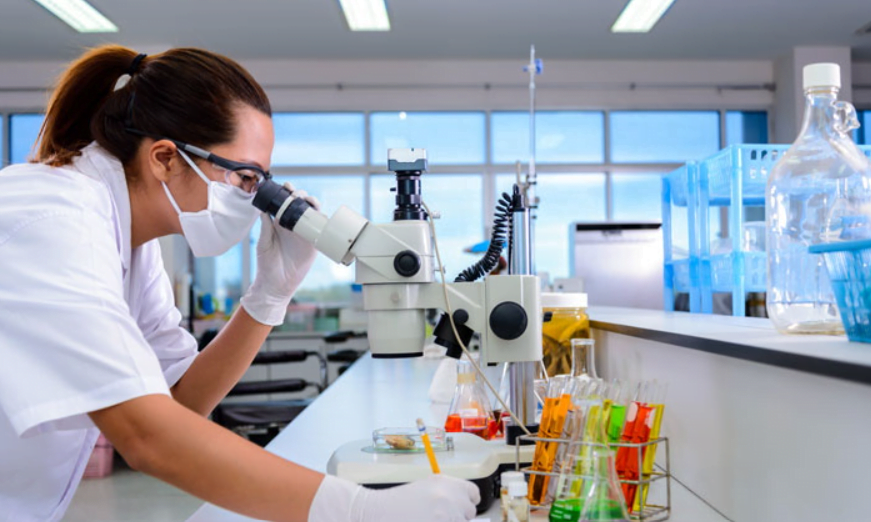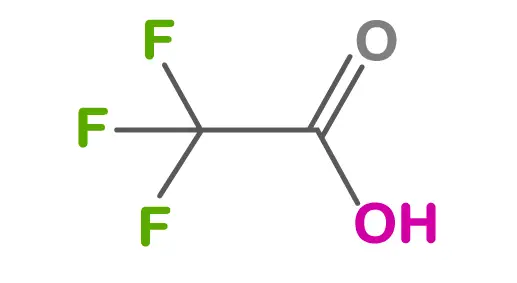The Complexity of Peptide Manufacturing
Peptides are synthesized through a process that involves linking amino acids together in a specific sequence. This process, while highly sophisticated, can sometimes lead to variations in the final product. Factors such as temperature, pH levels, and the purity of the starting materials can all influence the outcome.
The Importance of Purity Testing
Given the potential for variations during peptide synthesis, it’s crucial to test each batch of peptides for purity. This ensures that the product you receive is exactly what it’s supposed to be, with no unwanted impurities or contaminants.
Purity testing typically involves techniques such as High-Performance Liquid Chromatography (HPLC) and Mass Spectrometry (MS). These methods can accurately determine the composition of a peptide batch, identifying any impurities and confirming the correct amino acid sequence.
The Risks of Impure Peptides
Impurities in peptides can pose several risks. They can lead to inaccurate dosing, as the amount of active peptide may be less than expected. They can also cause unexpected side effects, especially if the impurities are biologically active. In some cases, impurities can even pose serious health risks.
In conclusion, purity testing is a crucial step in the peptide manufacturing process. It ensures the safety, efficacy, and quality of the peptides.



